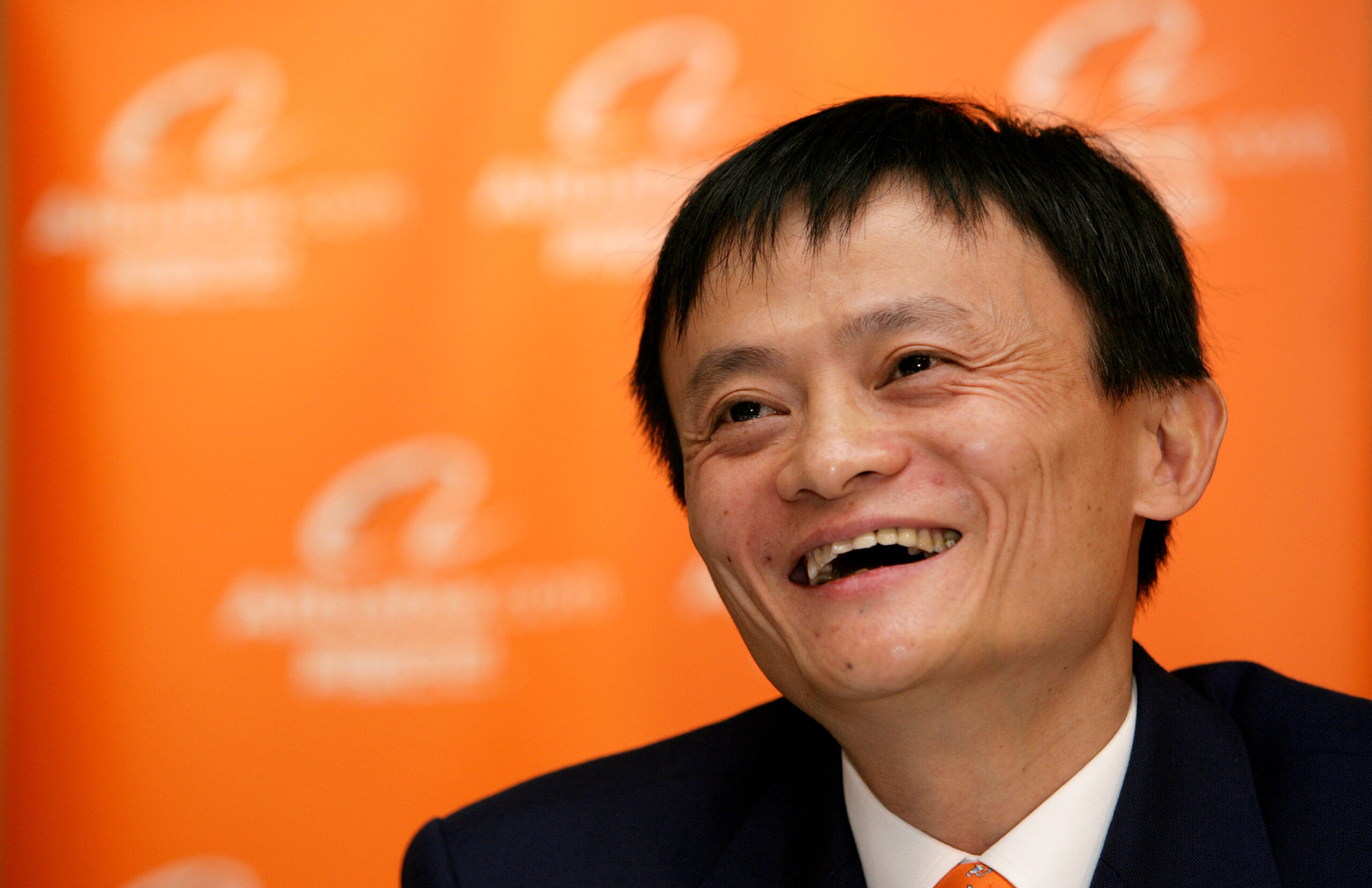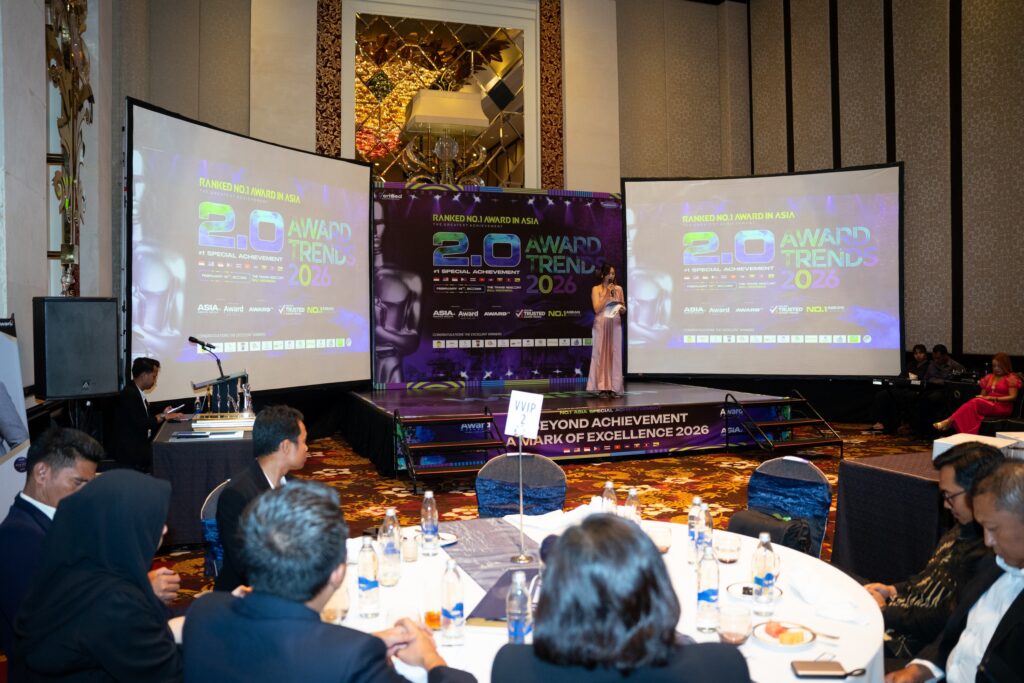HONG KONG – In a move that could signal a significant shift in China’s approach to private enterprise, President Xi Jinping welcomed Alibaba co-founder Jack Ma and several of the nation’s most influential tech leaders to Beijing for a high-profile meeting. The rare gathering, which took place on Monday, suggests that the Chinese government may be taking a more business-friendly stance following years of stringent regulatory crackdowns that sent shockwaves through the nation’s corporate landscape.
Among those in attendance were Huawei’s founder Ren Zhengfei, BYD’s CEO Wang Chuanfu, CATL’s CEO Zeng Yuqun, and Xiaomi’s CEO Lei Jun, as reported by state broadcaster CCTV. Their presence at the symposium underscores the government’s recognition of the critical role that private enterprises play in China’s economic growth, particularly in the face of mounting economic challenges and global uncertainties.
The timing of this meeting is particularly noteworthy, coming just weeks after Chinese AI startup DeepSeek unveiled a model that rivals top American AI giants in performance while operating at a fraction of the cost. This development has reignited optimism within China’s tech sector, which has struggled to recover from a prolonged period of regulatory scrutiny that began in late 2020.
Jack Ma’s participation in the discussions is especially significant. The billionaire entrepreneur, once an outspoken figure in China’s business community, largely retreated from public view after his critical remarks about Chinese financial regulators in a landmark speech triggered a sweeping crackdown on the tech industry. What followed was an unprecedented regulatory campaign that reshaped the fortunes of corporate giants such as Tencent, ride-hailing giant Didi, and food delivery leader Meituan.
Ma’s reemergence in such a prominent setting suggests that the government is finally looking to move past this phase of regulatory tightening. Angela Huyue Zhang, a law professor at the University of Southern California and an expert on China’s tech policies, emphasized that this meeting reflects a broader recalibration of Beijing’s stance on private businesses.
“With the domestic economy slowing and geopolitical pressures mounting, the government is making it clear that it values and depends on the private sector to drive innovation and sustain economic growth,” Zhang told CNN. She noted that the meeting is a deliberate effort to restore confidence among entrepreneurs, particularly in the tech sector, which has long been a driver of China’s economic expansion.
The impact of this shift in tone was evident in the financial markets. Following news of the upcoming symposium, the Hang Seng China Enterprises Index, which tracks major Chinese companies, surged to its highest level since early 2022. Although the index was down about 1% on Monday, the broader sentiment suggests renewed investor optimism.
A Powerful Gathering Amid Economic Uncertainty
China’s economy, the second largest in the world, is currently grappling with a complex set of challenges. Despite hopes for a robust rebound following the end of stringent pandemic restrictions in late 2022, economic growth has remained sluggish. The nation’s struggling property sector, declining consumer confidence, and intensifying trade tensions with the United States have created a difficult environment for businesses.
The private sector, which contributes more than 60% of China’s GDP and accounts for over 80% of employment, has long been a key pillar of economic dynamism. However, in recent years, private enterprises have grown increasingly wary of Beijing’s statist approach, as regulatory unpredictability and government interventions dampened entrepreneurial enthusiasm.
Xi’s meeting with business magnates sends a clear message that the administration is reassessing its policies. Fred Hu, chairman of investment firm Primavera Capital, described the meeting as “a major course correction.” He stressed that the private sector, which has historically been China’s primary growth engine, has suffered from years of policy uncertainty, leading to slower economic growth and rising unemployment, particularly among young people.
“The private sector, long the backbone of the Chinese economy, has been battered in recent years by mounting policy and regulatory uncertainties,” Hu told Reuters. “This has had dire consequences not only for economic expansion but also for China’s labor market, where youth unemployment has surged to alarming levels.”
The regulatory clampdown on private enterprises, which at its peak wiped out more than $1 trillion in market value from some of China’s most powerful companies, sent shockwaves through both domestic and international markets. In 2021, Beijing imposed sweeping restrictions on industries ranging from online education to food delivery, further amplifying fears about the government’s tightening grip on private businesses.
While the crackdown appeared to have subsided more than a year ago, many of China’s top entrepreneurs remained cautious, hesitant to reinvest in their businesses with the same level of ambition they once had. The recent meeting, however, may mark a turning point in Beijing’s relationship with the private sector, signaling that the government is now keen on fostering a more supportive business environment to counteract economic headwinds.
With China’s economy at a crossroads, the extent to which this shift in rhetoric translates into concrete policy changes remains to be seen. However, the presence of Jack Ma—once the poster child of China’s entrepreneurial spirit and later the symbol of its regulatory crackdown—suggests that Beijing is making a calculated effort to re-engage with its most influential business leaders.







